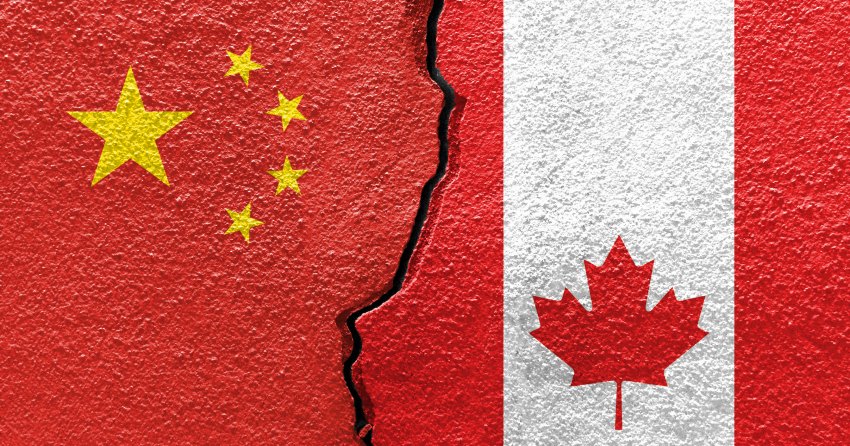Canada’s Ambassador Raises Human Rights Concerns in Xinjiang
In a significant diplomatic move, Canada’s ambassador to Beijing, Jennifer May, visited Xinjiang last week, voicing concerns about human rights violations directly to local leaders. This marks the first visit by a Canadian envoy to the region in a decade, highlighting Canada’s ongoing concerns over China’s treatment of the Uyghur Muslim minority.
The Canadian foreign ministry issued a statement on Sunday detailing the ambassador’s visit from June 19-22. The ministry emphasized that this visit provided an opportunity to communicate Canada’s concerns about the human rights situation in Xinjiang. Ambassador May addressed credible reports of systematic violations affecting Uyghurs and other Muslim ethnic minorities, as documented by U.N. experts and a 2022 report by the former U.N. human rights chief, which suggested that China’s actions could constitute crimes against humanity. Beijing has consistently denied these allegations.
The visit comes at a tense time in Canada-China relations. Just weeks before Ambassador May’s trip, Canada had warned China against meddling in its elections. In April, Prime Minister Justin Trudeau accused Beijing of attempting to interfere in the last two national votes, a claim that China dismissed. This backdrop underscores the gravity and sensitivity of May’s discussions in Xinjiang.
During her visit, Ambassador May reiterated Canada’s calls for China to allow U.N. independent experts unfettered access to all regions of the country. This demand aligns with broader international calls for transparency and accountability in addressing human rights abuses. Campaign groups recently urged U.N. human rights chief Volker Turk to take more robust action regarding documented abuses against Uyghurs and other Muslims in Xinjiang.
Canada has taken a firm stance on the issue, mirroring actions by the United States. Both countries have imposed sanctions on individuals and entities believed to be involved in the alleged rights abuses in Xinjiang. These measures reflect a coordinated international effort to pressure China into addressing and rectifying these human rights concerns.
Ambassador May’s visit and the subsequent statements by the Canadian foreign ministry signal a strong commitment to advocating for human rights. As global attention remains focused on Xinjiang, Canada’s diplomatic efforts may influence further international actions and policies aimed at addressing and mitigating human rights abuses in the region.



